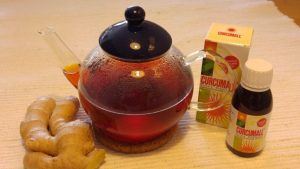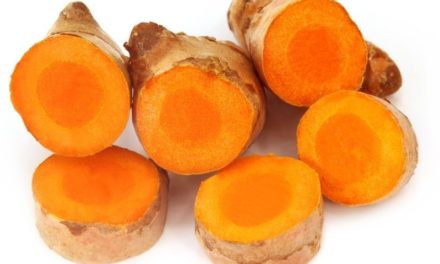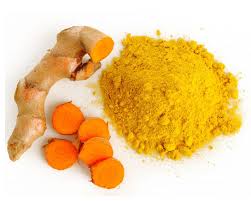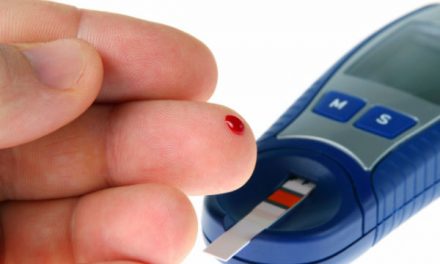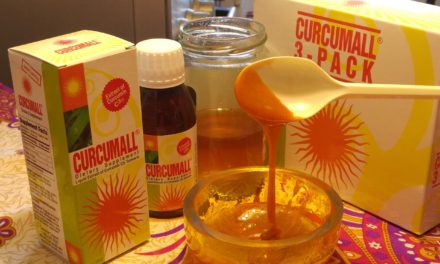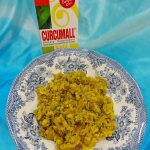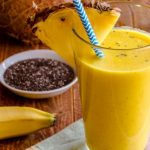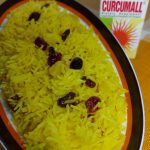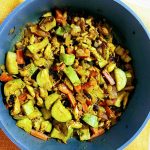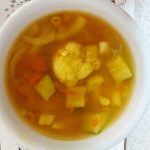
Recover from Surgery Faster & Naturally with Turmeric
After surgery, our bodies are experiencing pain, inflammation, and toxicity.
- Pain is a result of the surgery itself as well as the initial injury or illness.
- Inflammation is a natural response from our immune system reacting to injuries or illness to bring healing to the affected area.
- Toxicity exists due to the large amount of medications, including narcotics, which are used before, during and after surgery. After surgery, the body needs to get rid of the after effects of anesthesia, the pain medications, and all of the other medicines given during and after a surgery. This is an important part of the healing process.
The most common pain medications like Opioids and NSAIDs that are given during and after operation to block pain, are known to have side effects that can overload the recovery process of the body. However, turmeric has natural abilities to eliminate pain and inflammation associated with post-surgical conditions, and was shown in research to be more effective in the healing process without side effects. Curcumin present in turmeric contributes to this property by regulating the pathways of the immune system responsible for inflammation. It down regulates enzymes and proteins which promote inflammation.
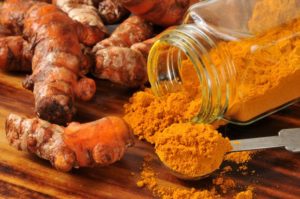 This mode of action is reported in the study of Stanford University where incision inflammation and swelling were reduced by curcumin treatment.
This mode of action is reported in the study of Stanford University where incision inflammation and swelling were reduced by curcumin treatment.
Another research conducted in Cleveland clinic, Florida reported that curcumin’s anti-inflammatory properties reduced the chances of rejection and aided normal functioning of transplanted kidneys.
In addition, turmeric assists the healing process after surgery by its antimicrobial and wound healing properties.
The antioxidant property of turmeric aids in wound healing. Cells are damaged by presence of reactive oxygen species which combine with fats present in cell membrane (outer protective layer around cells), alter the natural structure of the membrane and lead to cell death. This process is called lipid peroxidation. Turmeric prevents this process by consuming the reactive oxygen species and increasing the levels of antioxidant enzymes. This effect brought about by curcumin has been studied and proven in a study conducted in wherein the wound healing property of turmeric was examined in artificially damaged human dermal cells.
Turmeric volatile oil has proven to be effective in relieving cough and removing sputum, respiratory complications that are common after surgery. These respiratory complications are caused due to reduced cough reflex and accumulation of secretions in the throat. Respiration is hampered because deep respiration causes pain in the surgical wound and the cells of the lung do not inflate sufficiently leading to retention of secretions.
Post surgical depression is very common phenomena. Turmeric’s anti-depressant properties were shown to be more effective than commercially available antidepressant without the side effects.
Postoperative fatigue generally lasts for a month in patients undergoing surgery. Curcumin was also reported to reduce postoperative fatigue in research conducted on patients who underwent surgical removal of gallbladder. Its antioxidant, anti-inflammatory and wound healing properties were held responsible for this phenomenon.
In short, Curcumin is reported to be an immunomodulatory agent. It can reduce inflammation as well as enhance the body’s immune response, it lowers pain and assists the body in recovery from the operation.

